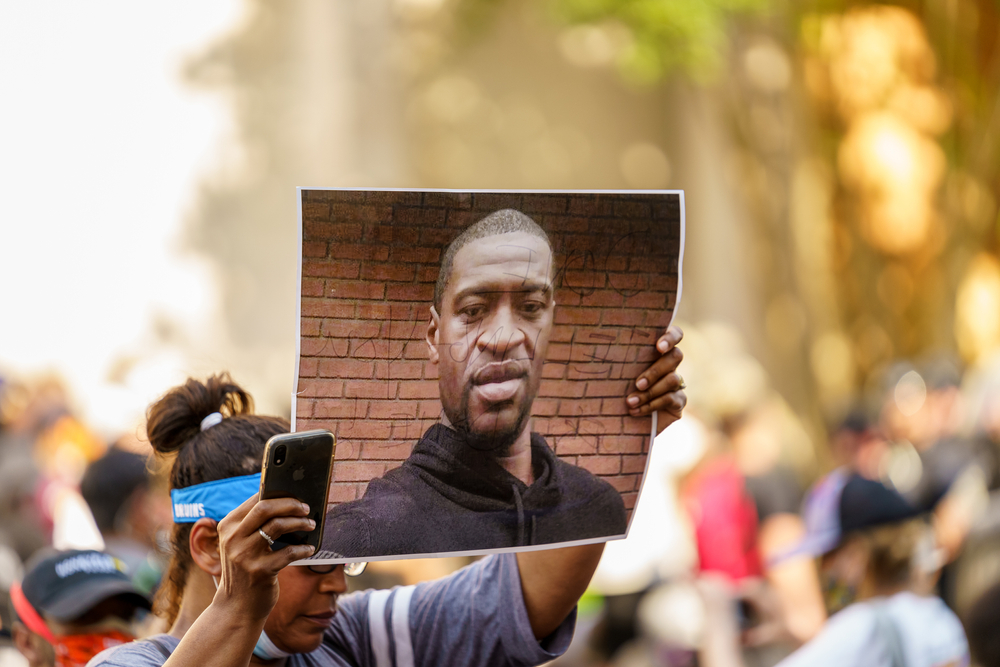Several US colleges and universities have arranged virtual mental health services to support students and faculty amid the ongoing Derek Chauvin murder trial.
Schools such as Boston University, Northwestern University, Princeton University, SUNY Buffalo, and Columbia University have recognized that tensions are high as deliberations continue.
These schools are offering online community safe spaces as well as mental health hotlines and counseling services for those finding it difficult to wait for an outcome.
“As the trial of Derek Chauvin comes to a close, and as the nation continues to grapple with a spate of violence and killings over the last few weeks, Princeton is offering resources to the University community, including virtual spaces for processing and discussion,” the school said in its official statement.
“Events such as these challenge us as a community, and also can take a toll on us as individuals. Please seek support if you need it, and offer the same to fellow community members.”
Northwestern has also posted a list of mental health services available for students and employees, stating that everyone must allow themselves to “properly process our sadness and anger, and unite in showing compassion toward all members in our community, country, and world.”
SUNY Buffalo President Satish K. Tripathi penned a letter posted to the school’s website discussing how many students expressed “anxiety, sadness and raw frustration over a system that continues to allow this violence to happen.”
Tripathi wrote, “Although we could have anticipated that these proceedings would prove emotionally draining for anyone following them, the deeply disturbing evidence and wrenching testimony have borne a heavier psychological toll on many of our Black students, colleagues, peers, friends, and neighbors… It is my greatest wish that we stand together in the effort to overcome it. This commitment is core to our identity as a scholarly community.”

